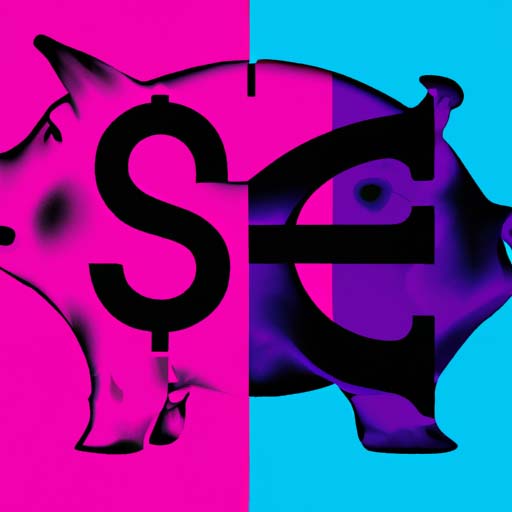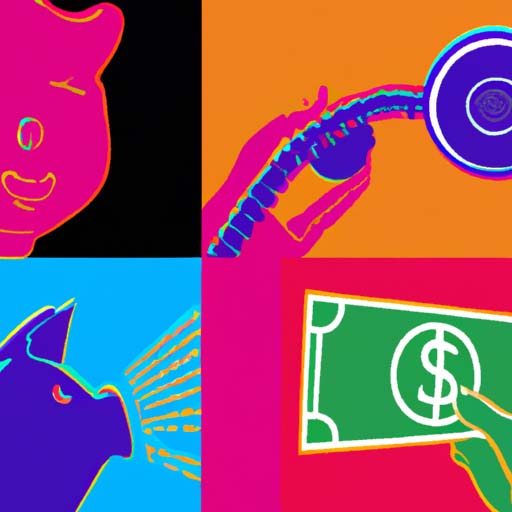Key Points:
- The U.S. Securities and Exchange Commission (SEC) is set to perform a virtual inspection of Binance.US’s technology systems and software amid ongoing legal proceedings.
- Binance.US, despite operating as an independent entity, struggles with U.S. regulatory pressures and lacks key licenses, posing a threat to its ambitions in the U.S. market.
As legal pressures intensify on Binance.US, the platform now prepares for a virtual inspection by the U.S. Securities and Exchange Commission (SEC). This review is focused on the exchange’s technology systems and software, marking yet another chapter in the growing legal challenges faced by the cryptocurrency platform.
Binance.US operates independently from the global Binance platform but is not immune to the pressure of regulatory scrutiny. Despite a licensing agreement with Binance, the U.S. exchange has found itself in constant regulatory hurdles. It is registered with the Financial Crimes Enforcement Network (FinCEN), but its compliance efforts are complicated by the lack of a federal banking charter and a New York State BitLicense.
The exchange is under scrutiny from multiple U.S. regulatory agencies, including the Commodity Futures Trading Commission (CFTC), SEC, and Department of Justice (DOJ). The charges brought against it revolve around suspicions of securities law violations and concerns about money laundering.
While facing these challenges, Binance.US continues to make strides to solidify its U.S. market position. Their strategy involves obtaining state licenses, establishing partnerships with local banks and payment processors, and enhancing the platform with additional features and tokens to attract new users. However, its efforts are hindered, primarily due to restrictions in states such as New York, Texas, and Florida, which limit its growth potential.
The road ahead for Binance.US remains uncertain, as the platform grapples not only with restrictions in key states but also issues related to liquidity and trading volume, which is essential for the growth and legitimacy of any exchange in the competitive U.S. market.



